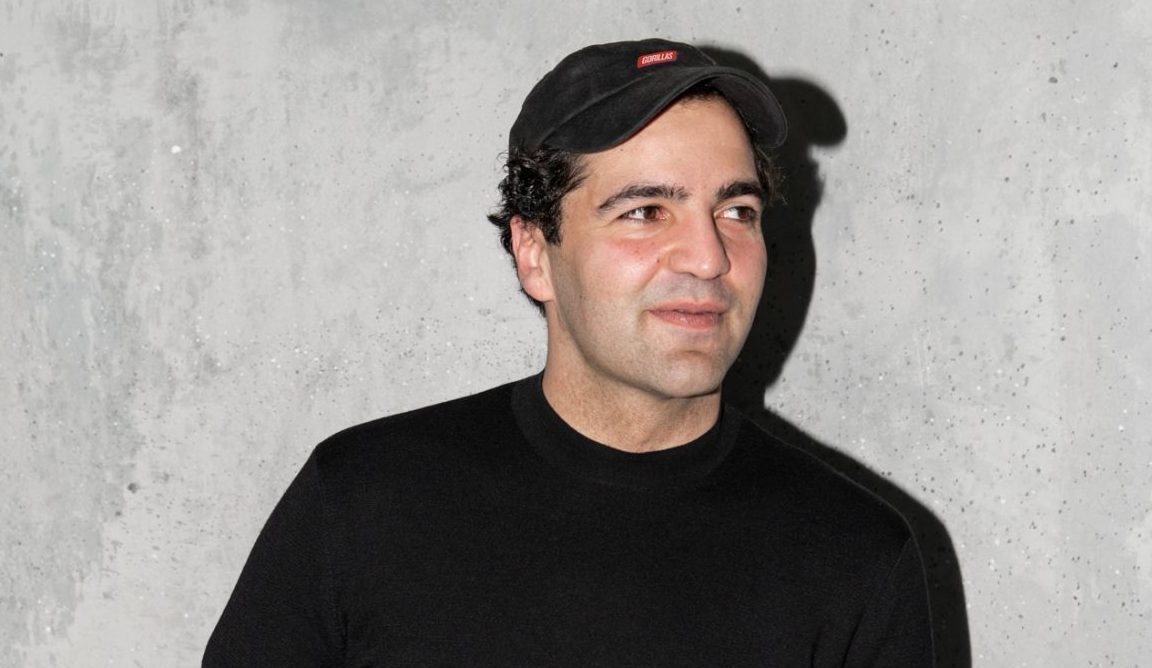Danish AI startup Corti has raised one of Denmark’s largest rounds this year, a $60m Series B to build out a generative AI tool to assist doctors and nurses.
The funding round was led by Atomico and Prosus Ventures, with participation from existing investors French VC Eurazeo, Danish export fund EIFO and Danish VC Chr. Augustinus Fabrikker.
The funding will help fuel Corti’s global expansion, with focus on the US.
GenAI in healthcare
Many startups are trying to use technology to augment medical professionals in making decisions as they face severe time constraints and the strain of fewer staff; GPs, for example, spend significantly more time on administrative tasks than with patients.
Danish AI startup Corti has focused on augmenting human conversation in healthcare with GenAI — which refers to technology that can look for patterns in a large corpus of existing data and create new outputs, in this case, diagnoses. The company initially trained its large language model (LLM) using recordings of emergency medical phone calls involving cardiac arrest. Now its technology is used more broadly by hospitals and other healthcare institutions in Scandinavia, the UK and the US in about 100m patient encounters per year, or 150k a day, according to the company.
The AI “co-pilot” follows a patient interaction, either in a call or in person, understanding what’s been said and shared in real-time via the user’s computer. Instead of using hardware, the AI and the data collected are stored in a dedicated cloud online. As the meeting unfolds, the AI nudges the professional with suggestions on follow-up questions as well as advice, similar to a second opinion, while also handling journalling and quality assurance automatically. Once a clinical note is complete, the AI analyses the text to determine the most appropriate diagnosis and procedure codes.
For Corti, its LLM is only one part of the tech stack, according to Lars Maaløe, associate professor in machine learning and a cofounder of Corti.
“Our stack is more than just an LLM. It goes all the way from understanding what’s said inside the audio, on a conceptual level, to language and then the natural language processing, as well as the clinical predictors. The LLM is just one part of it,” Maaløe says.
The general issues of GenAI
Hallucinations have been one worry for using GenAI in healthcare. Hallucinations happen when the AI generates outputs that don’t reflect data inputs, like when the AI gives a factually inaccurate response.
To keep Corti’s tool free from hallucinations, the software that Corti has developed on top of its AI makes sure that the predictions reflect protocols, guidelines and textbooks, and the healthcare providers control the guidelines that the AI needs to stick to.
“We have guardrails around our technology stack that make it possible to control the AI from the healthcare provider’s perspective. So that means we can adapt to any system with the AI, but we can also make sure that the AI is not going ludicrous,” Maaløe says.
Improving healthcare by learning from others
Corti’s co-pilot is already used in a wide range of hospitals in different geographies and since the AI is based in a dedicated cloud, it can learn from patients having the same issues across those geographies.
“One of the learnings that we’re seeing more and more is that there isn’t that big a difference from a patient in Denmark or Sweden to a patient in the UK or in the US,” Maaløe says.
This means that Corti is able to optimise customer systems by suggesting a treatment that has been shown to work well on a patient in London, for example, to a healthcare professional in Denmark, when they are faced with a patient with the same conditions.
“On a big data perspective, Corti then has a big impact,” he says. “People are doing so many different things for highly prevalent conditions. We should all ask ourselves whether it’s actually necessary to have such different procedures [for the same conditions] and [instead] have systems to learn from one another.”
According to Corti, its technology has been proven to allow healthcare workers to become up to 40% more accurate in outcome predictions and 90% faster in handling administrative tasks.


